ISTANBUL — In the ever-evolving landscape of global aviation, Turkish Airlines (TK) is a global powerhouse that has not only weathered various challenges since its humble origins in 1933 but has also emerged as a leading force in innovation, sustainability, and service excellence.
At the heart of the airline's success lies its commitment to growth and modernization. Boasting a fleet of 394 aircraft, including passenger and cargo planes, TK operates flights to more than 342 destinations worldwide. In 2022, the airline transported 71.8 million passengers and 1.7 million tons of cargo and mail, with 472,707 landings—a testament to its expansive reach and operational efficiency.
Despite the turbulent post-COVID-19 years, TK has experienced growth, with passenger numbers increasing by 60% in 2024 compared to the previous year. This trend is mirrored in the airline's financial performance, with total revenue reaching US$18.4 bn—a 72% increase year-on-year.

Tomorrow On-Board 2024
Amidst this growth, the Turkish flag carrier remains committed to sustainability—a core pillar of its corporate ethos. In 2022, the airline unveiled its sustainability vision, "Tomorrow On-Board," outlining a strategy to address social, economic, and environmental challenges. This vision, guided by international standards and stakeholders' input, emphasizes creating value for future generations while mitigating the environmental footprint.
On June 5, World Environment Day, TK unveiled its sustainability brand "Tomorrow On-Board" at Istanbul Airport (IST). The launch event highlighted eco-friendly in-flight products and creative items crafted from repurposed aircraft parts.
This initiative aims to boost brand image, streamline sustainability messaging, and actively involve passengers. Adding a touch of artistic flair, the "41.2607° North and 28.7424° East" exhibition, showcasing artworks made from decommissioned aircraft parts, will be open for two weeks at the hall of the main terminal building, available for all visitors.
.avif)
Levent Konukcu, Chief Investment and Strategy Officer, Turkish Airlines, remarked, “The Tomorrow On-Board initiative embodies our commitment to reducing our environmental impact and enhancing sustainability practices across all our operations to leave a better world for future generations. Through this platform, we emphasize our dedication to offering transparent information and data, ensuring that our sustainability efforts are consistently clear and easily accessible to all stakeholders.”
Aligned with Türkiye's Paris Agreement pledge and the IPCC's findings, TK aims to achieve carbon neutrality by 2050—an ambitious undertaking that requires concerted efforts across all levels of the organization. Key initiatives include reducing greenhouse gas emissions, enhancing fuel efficiency, and promoting Sustainable Aviation Fuel (SAF) usage.
Central to TK’s success is the modernization of its fleet. With a vision to serve its customers with the youngest and most efficient fleet in Europe, the airline has taken delivery of two new narrowbody aircraft, the Airbus A321neo, and the Boeing 737-9. Incorporating these airliners has resulted in a 15% reduction in fuel consumption, contributing to cost savings and environmental benefits.
.avif)
A Commitment to Carbon Neutrality
Turkish Airlines' commitment to fight against climate change is reflected in its ambitious targets and tangible actions. Through its Fuel Efficiency Programme, the airline has achieved remarkable results, with a 1.143% increase in transport performance and a 692% rise in fuel consumption since 2008. In 2022 alone, fuel-saving measures saved 57,581 tonnes of aviation fuel and reduced CO2 emissions by 181,379 tonnes, underscoring the airline's commitment to carbon neutrality.
Furthermore, the airline has embraced Sustainable Aviation Fuel (SAF) as a viable solution to reduce greenhouse gas emissions. With SAF lowering emissions by up to 87% compared to conventional kerosene, TK has begun incorporating SAF into its operations, further enhancing its environmental performance and contributing to industry-wide efforts to decarbonize aviation.
.avif)
Building a Sustainable Future
In addition to reducing emissions, the carrier is committed to sustainable practices across its operations. From green building certifications to waste management initiatives, the airline prioritizes environmental responsibility at every step.
Turkish Airlines follows a "Zero Waste" principle, emphasizing waste prevention, minimization, and recycling—a holistic approach that highlights its commitment to sustainability.
.avif)
Training Center & SmartIST: Revolutionizing Air Cargo
Turkish Cargo's SmartIST, Europe's largest air cargo facility, covers 205,000 m², expanding to 340,000 m², boasting a two million-tonne annual capacity, set to double. Equipped with Work Order and Augmented Reality technology, the facility enhances Turkish Cargo's global standing.
Similarly, the airline’s Flight Training Center, with 24 simulators and 75 classrooms, provided 310,876 hours of cabin crew training and 610,469 hours of cockpit crew training in 2022. It generated $6,025,000 in revenue and conducts Research and Development programs for aviation safety and efficiency.
As airlines continue their journey towards sustainability and excellence, the Turkish carrier remains committed to positively impacting the global scene. With a focus on innovation, ingenuity, and fleet modernization, TK has become a leading airline for change—a true embodiment of the spirit of aviation in the 21st century.

.jpg)
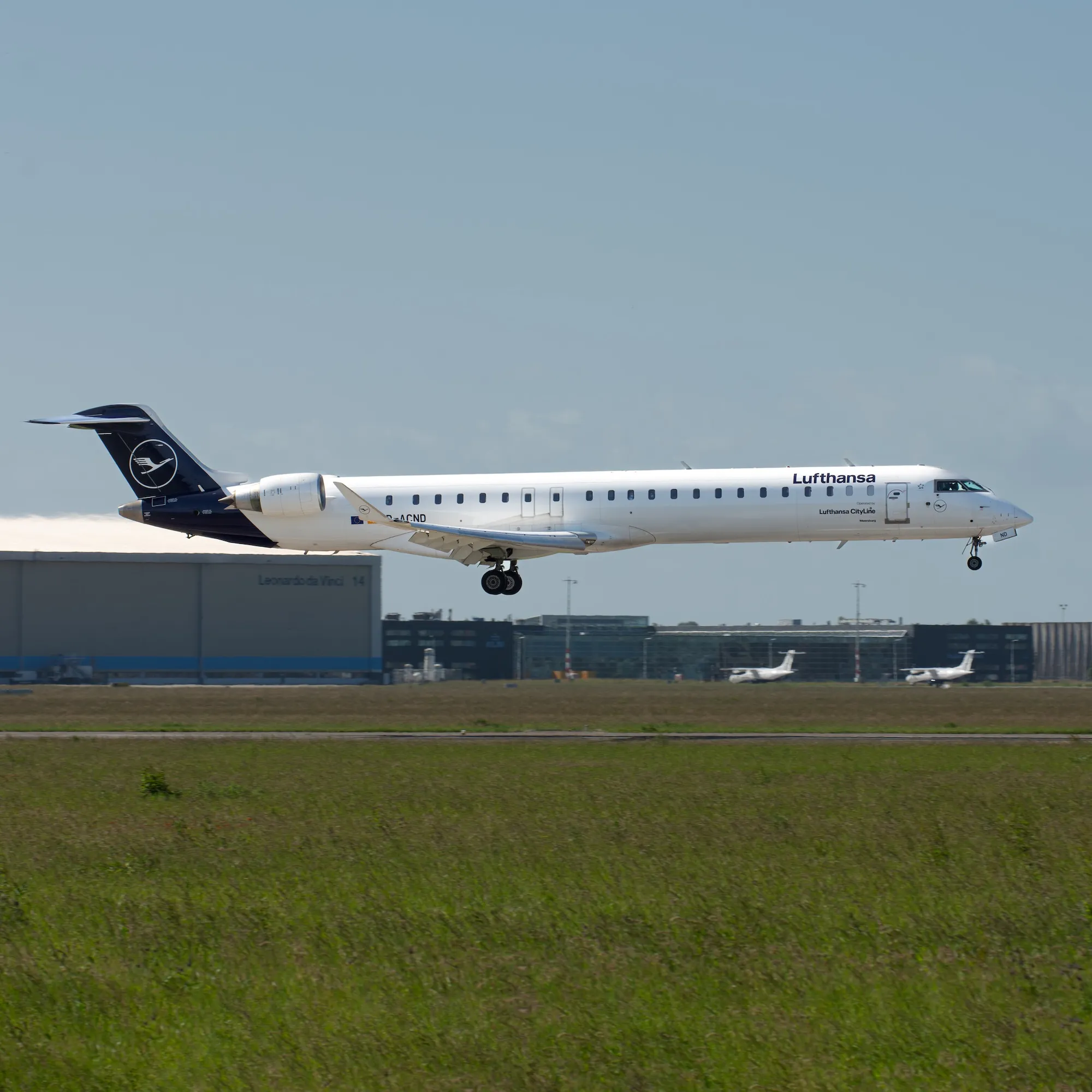
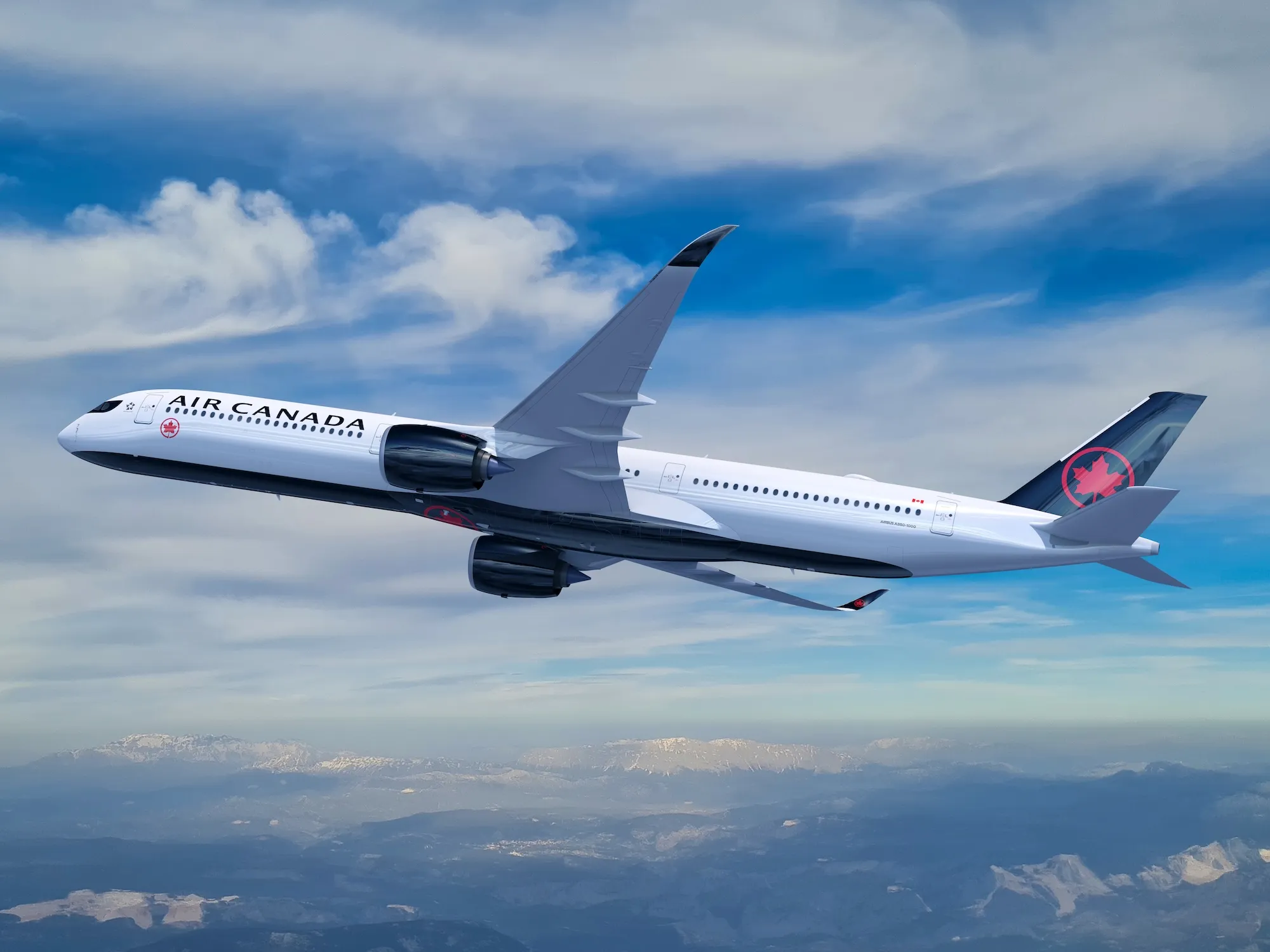
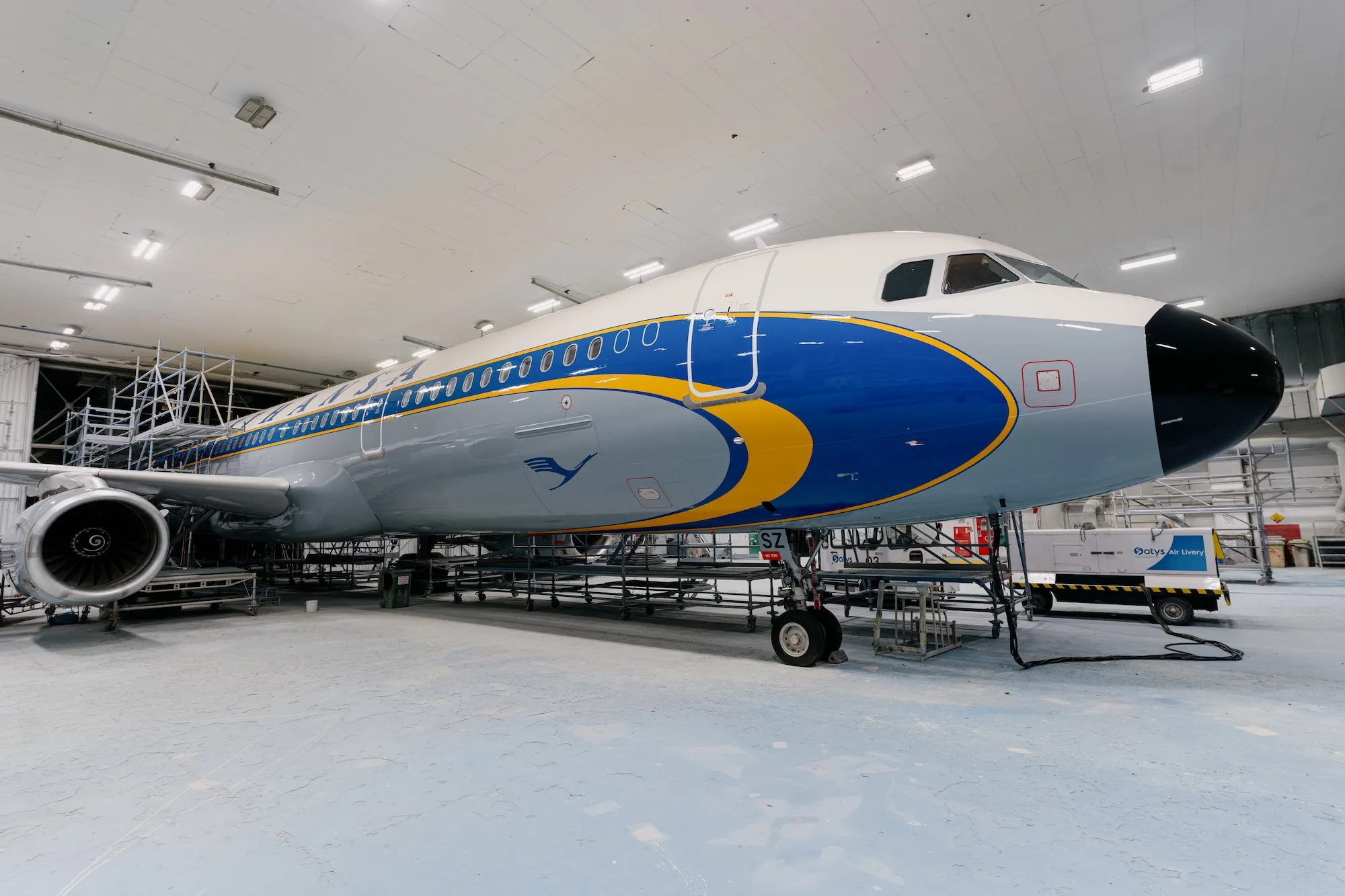
.webp)
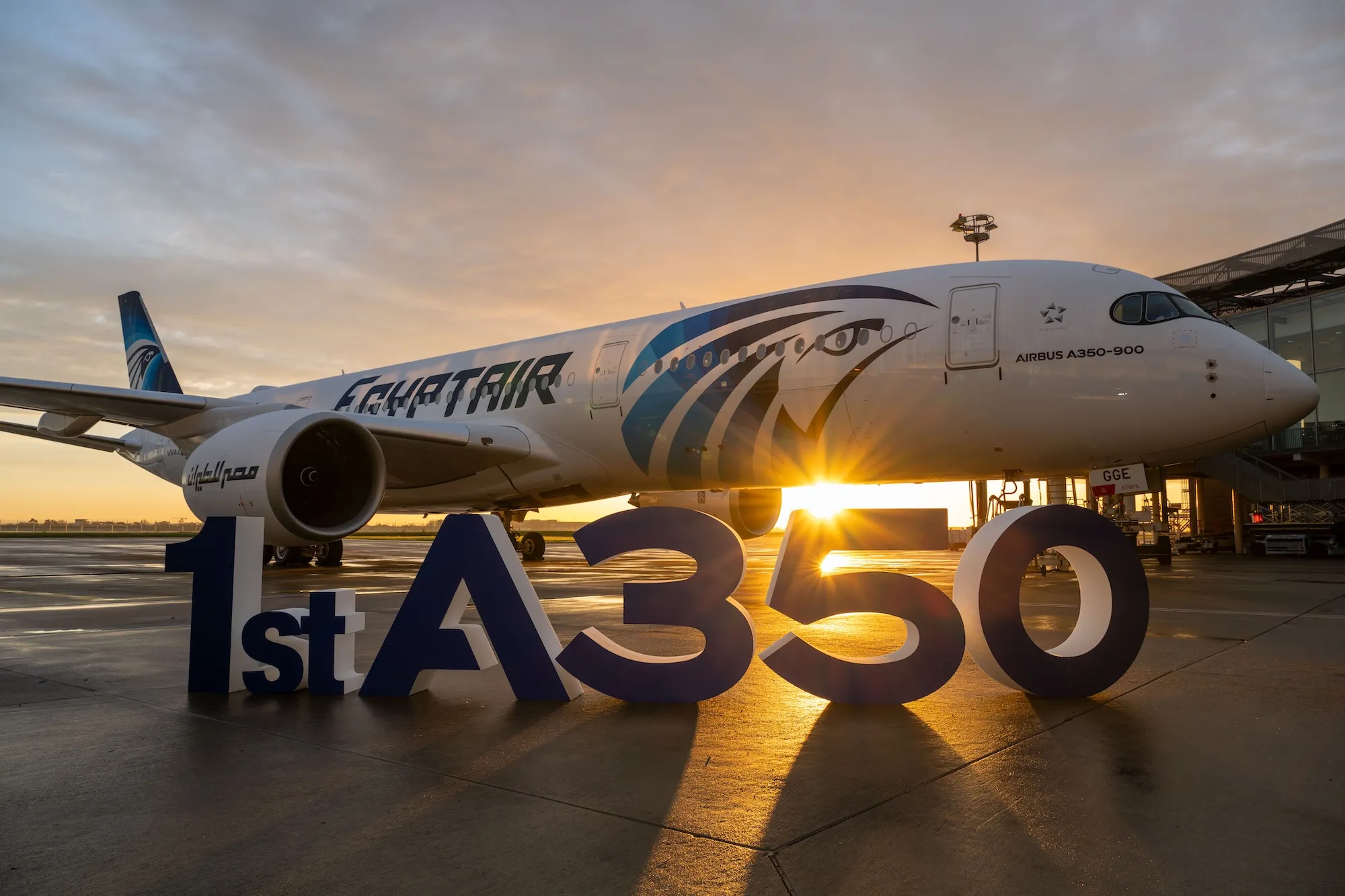
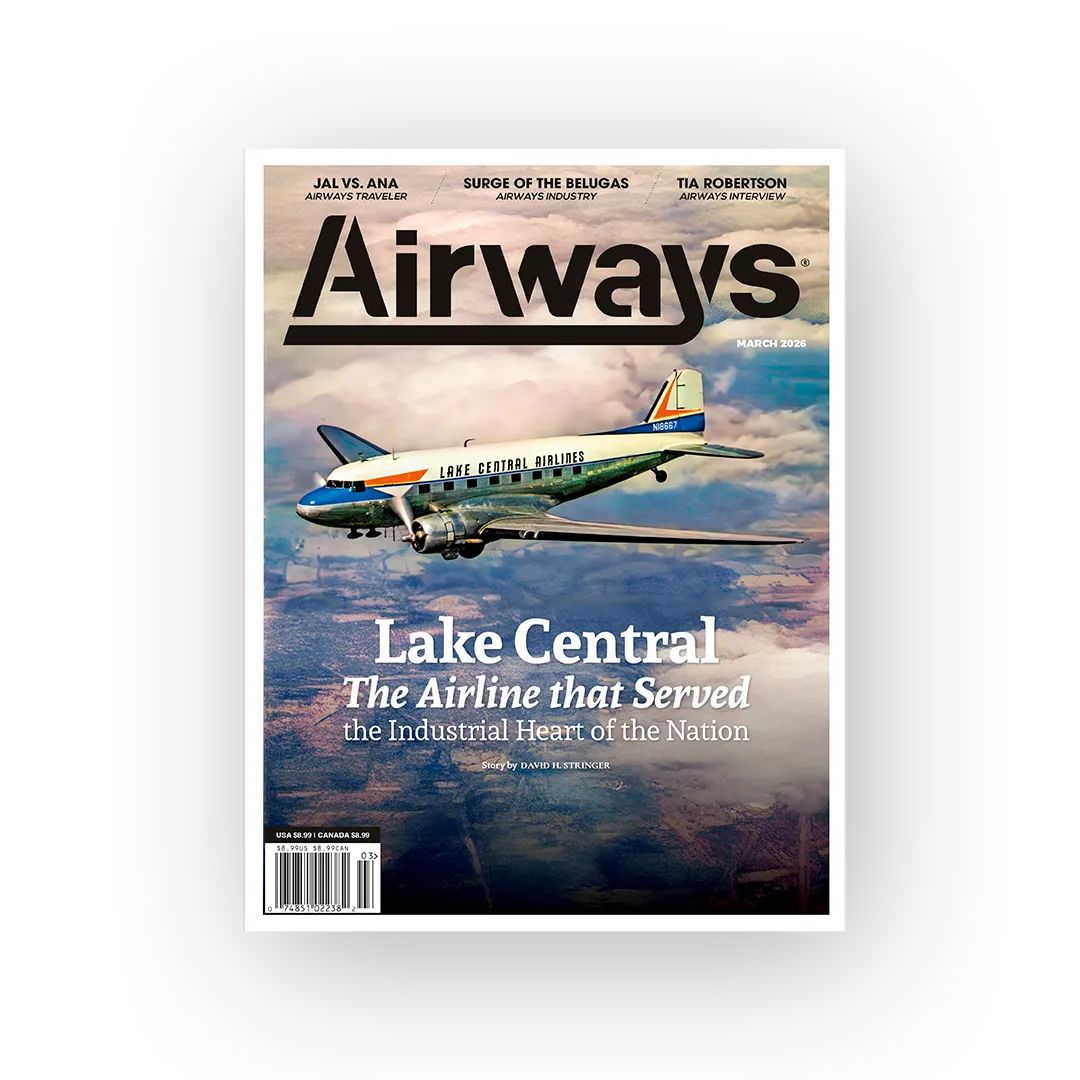

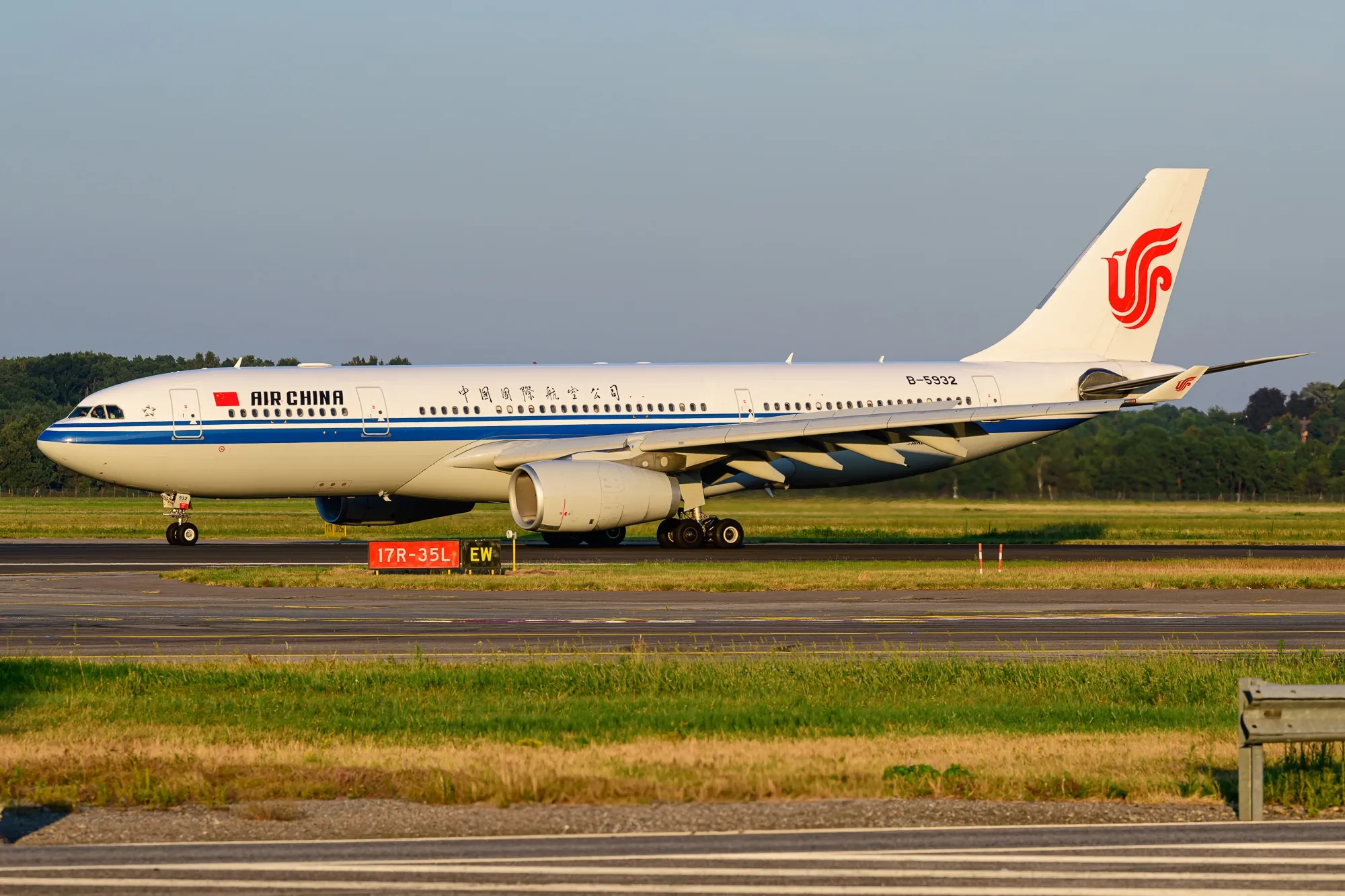
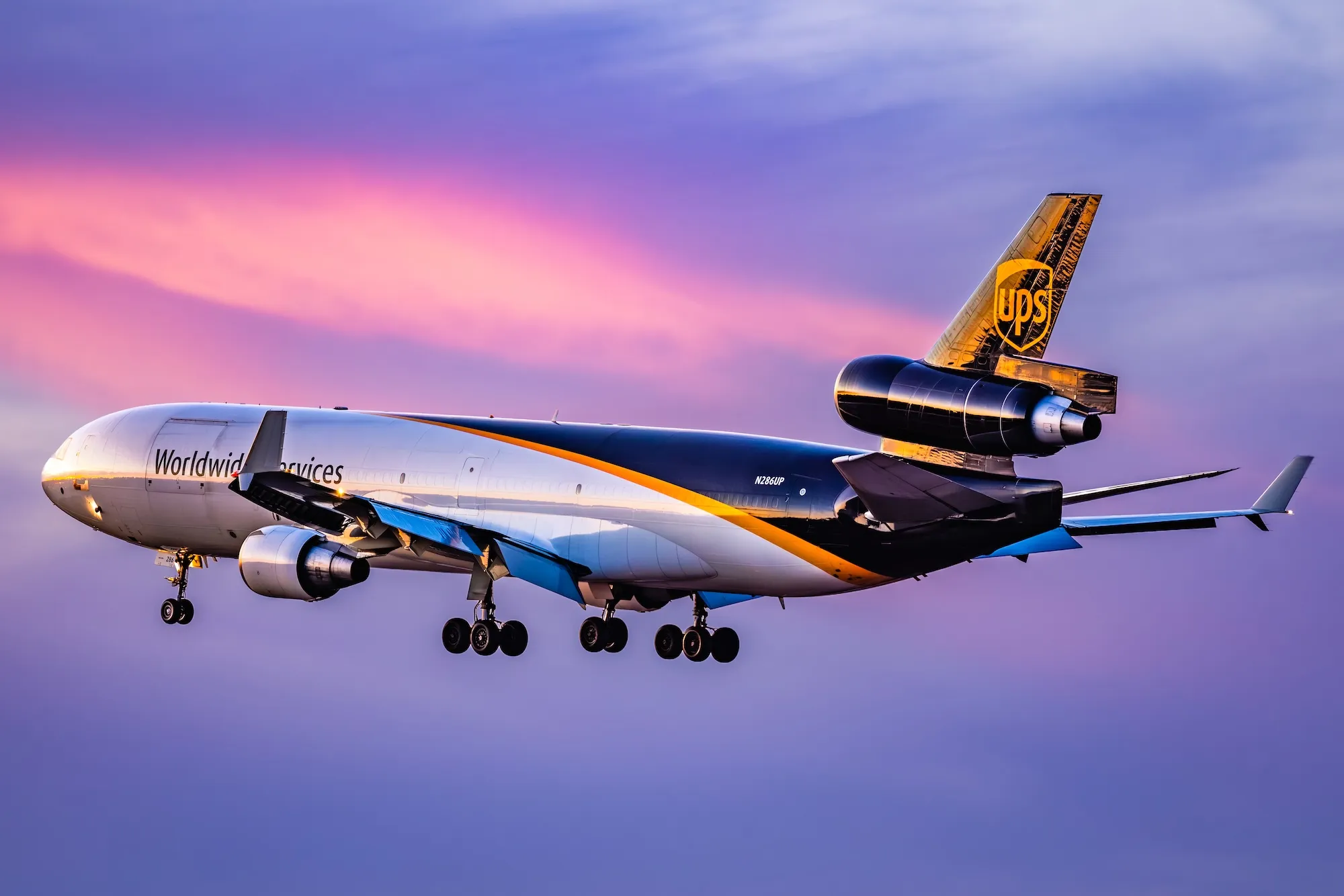
.webp)